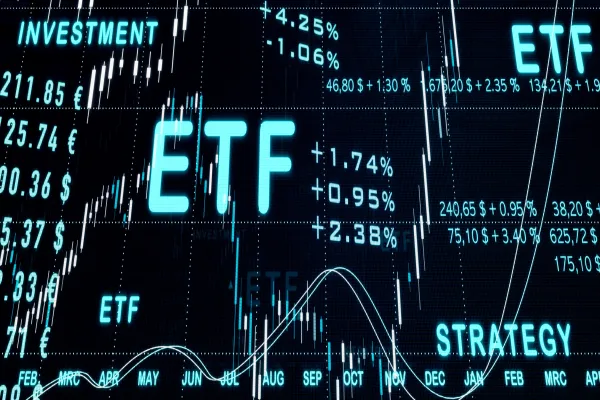Fund managers and their attorneys are worried about the Securities and Exchange Commission’s proposed private fund adviser rule — and not because of the transparency requirements they may soon face.
Instead, they’re concerned about a subtle language change: the new rule would make managers liable for “negligence,” rather than “gross negligence” as had been the case previously.
According to fund managers and attorneys, this means asset owners and allocators could even sue investment managers for investment losses.
“It is a meteor that could screw up the industry for everybody,” said one investor, who spoke with Institutional Investor on the condition of anonymity.
Another manager, TIAA’s Churchill Asset Management, called the move “dramatic, unjustified” and “wholly unnecessary,” in its letter to the SEC.
In February, the SEC released a 342-page proposal for new rules focused on increasing reporting by private fund managers and advisers and adding new prohibitions. The rules primarily target private market investors.
The comment period, during which the public could weigh in on the proposed rules, ended on April 26, with many managers and their attorneys sounding alarm bells about how the rule could lead to undue litigation, stymie emerging managers, and increase fees for investors.
“Over the last five to six years, we’ve seen a massive shift in capital being deployed from public to private markets,” said Brian Timmons, global head of complex litigation at law firm Quinn Emanuel. “Private investment firms now play a major role in the U.S. economy and occupy a large if not the majority of the investment activity today. I think the SEC is trying to figure out what it can and should be doing in these markets because for many years it’s taken a backseat.”
So how does one word — “gross” — completely change the meaning of a rule?
“It’s hard to draw the line between negligence and gross negligence,” Timmons said. “The gross negligence standard requires more consciousness of what’s happening.”
According to Timmons’ colleague, Alex Zuckerman, hiring a “not very sophisticated” deal adviser could be construed as negligence, while not hiring an adviser at all would count as gross negligence.
Zuckman added that public companies frequently face shareholder lawsuits when inking mergers or acquisitions. If a private investment firms started facing similar suits, it could curb activity or clog up the court systems.
Should the SEC’s proposal go through, Timmons said one of the first things that would likely happen is investment fees would go up. Investment firms would have to pay more for insurance and would pass those costs onto their limited partners.
The current proposal would not only apply to new contracts, but also to those already in existence. In other words, general and limited partners would have to rewrite agreements, perhaps changing how investors behave.
The negligence provision appears to affect a few groups — emerging managers, CLO investors, and quantitative managers — in particular.
According to law firm Akin Grump’s letter to the SEC, quant managers could “literally be one keystroke error away from going out of business,” as their business models rely on algorithms and coding, both of which investors could claim are faulty. Meanwhile, smaller fund managers have fewer resources with which to defend themselves, law firm Dechert pointed out in its letter.
TIAA’s letter noted that changing the standard of negligence could force CLO managers to modify their agreements with investors, investment banks, and ratings agencies, a “time-intensive and costly process.”
Allocators have taken a different view of the rule. Far fewer asset owners responded to the SEC’s request than managers, and of those that did respond, just two mentioned this change.
Anastasia Titarchuk, the chief investment officer at the New York State Common Retirement Fund, wrote that her fund supported the rule.
“The CRF looks for and attempts to negotiate protections like these in its private fund investments, unfortunately, without uniform success,” she wrote, adding that disclosure and negotiation are not enough to protect investors in all circumstances.
“Further, this proposed rule speaks to a fundamental component of the private fund, adviser, and investor relationship — that the adviser should be a fiduciary and not place its own interests ahead of the fund or the investors,” she wrote. “Waivers thereof should be invalid.”
New York City’s comptroller Brad Lander, who oversees the city’s budget and pension funds, also wrote that his organization is in support of the proposal. However, his letter asked the SEC to provide further guidance on the contractual provisions that would be invalid under its new rules.
Consulting firm Albourne was more skeptical of the rule change. While it wrote that the negligence standard could provide “much better protections to LPs,” the firm is worried that there could be unintended consequences.
“It could lead to significantly more litigation given the lower standard until precedent at the negligence stage is reset,” the letter said.







